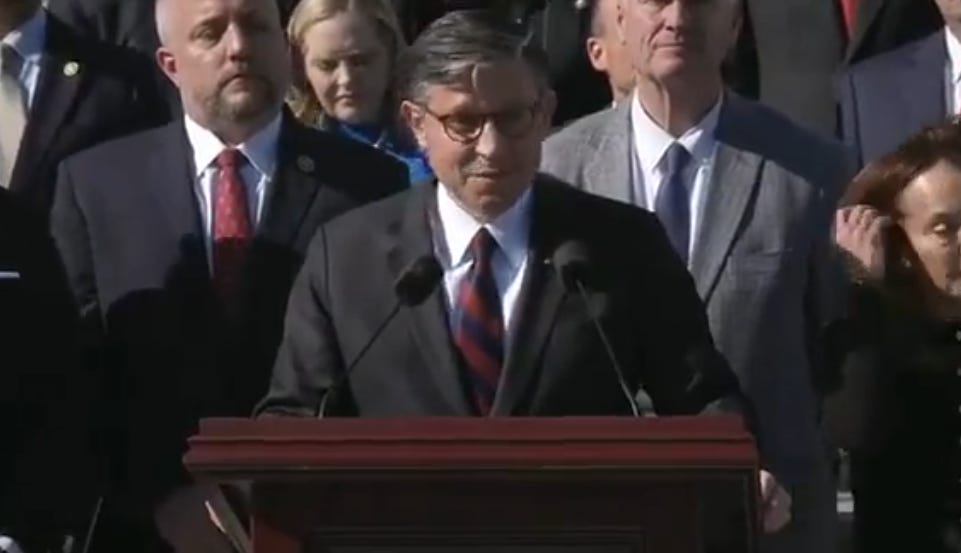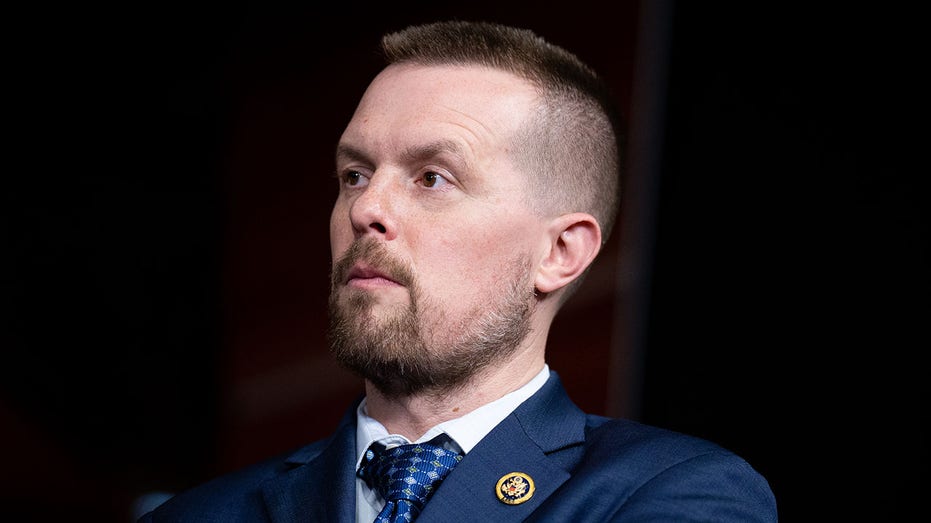Virginia experienced a dramatic political upheaval Tuesday, surging decisively into Democratic control. Abigail Spanberger, Jay Jones, and Ghazala Hashmi secured statewide victories, marking the party’s most significant power shift in over a decade and signaling a substantial loss of legislative seats for Republicans.
The Hampton Roads region proved pivotal for Jay Jones, a local son who built on the legacy of his father’s political service. Several Tidewater counties, previously supporting Glenn Youngkin in 2021, flipped to blue, bolstering Jones and the entire Democratic ticket.
Virginia Beach, Chesapeake, and the established Democratic strongholds of Suffolk, Norfolk, and Newport News coalesced to propel Jones to victory. Even James City County, surrounding historic Williamsburg, and the traditionally conservative Surry County joined the wave of support.
Interestingly, New Kent County, the site of a past speeding citation for Jones, remained firmly in Republican hands. Yet, across the Chesapeake Bay, rural Northampton County on the Eastern Shore also favored Jones, while its neighbor, Accomack, stayed with the GOP.
In contrast to the energized Democratic base, Republican turnout in Northern Virginia appeared surprisingly weak compared to the 2021 elections. The Washington, D.C. exurbs demonstrated a clear pattern of ticket-splitting, influenced by the growing population density fueled by federal workers and expanding communities.
As the D.C. metropolitan area expands southward and westward, counties like Stafford, Spotsylvania, Loudoun, Fauquier, and Clarke are trending increasingly Democratic. Stafford County, once rural, now grappling with suburban growth, swung decisively to the Democrats after previously backing Youngkin.
Loudoun, Prince William, and Fauquier counties west of Washington witnessed Democratic challengers unseat popular Republican incumbents, foreshadowing the broader victories for Spanberger and Jones. The ripple effects of this election even reached West Virginia’s eastern panhandle, sparking lively debate among residents.
The historical roots of this division run deep, echoing the original split between Virginia and West Virginia in 1863 over secession. Jefferson County, West Virginia, bordering Loudoun, has become a Democratic stronghold, reflecting the expanding blue footprint from the Washington area.
Around Richmond, Chesterfield County flipped blue, and Henrico County showed increased support for Spanberger, mirroring the statewide trend. Even the more rural New River Valley saw a leftward shift, with Montgomery County falling into Democratic hands.
The blue wave unseated veteran Republican Delegate Chris Obenshain, and Spanberger and Jones carried the Youngkin-won county featuring Virginia Tech. While Republicans maintained their hold in southwestern Virginia, turnout was noticeably lower, and margins were significantly tighter.
In Lee County, a remote region closer to Mississippi than Washington, D.C., Republican turnout for Winsome Earle-Sears was down by 1,000 votes compared to Youngkin’s 2021 run. This trend continued throughout the mountainous border region with Kentucky.
A single area offered a glimmer of hope for Republicans: the “Crooked Road,” Virginia’s famed country music highway. This region demonstrated consistent support for GOP candidates, similar to previous elections.
One Republican official likened Virginia politics to a “rubber band,” stretching and releasing with the changing political tides. Since the decline of the “Byrd Machine” in the late 20th century, Virginia has experienced a consistent ebb and flow of partisan power, often mirroring the national political climate.
Youngkin’s 2021 victory was widely seen as a rebuke of the Biden administration, while Spanberger and Jones’ wins are now interpreted as a response to the Trump era. This pattern of reaction to the current White House occupant has become a defining feature of Virginia elections.
With Senator Mark Warner up for reelection in 2026, the stage is already set for a competitive race. State Senator Bryce Reeves has announced his candidacy, and others may follow, seeking to capitalize on the shifting political landscape and challenge the established incumbent.
Winsome Earle-Sears, in her concession speech, vowed to remain active in Virginia politics. Whether she, Youngkin, or another Republican will emerge to challenge Warner remains to be seen, but the coming years promise a renewed battle for the soul of the Commonwealth.






